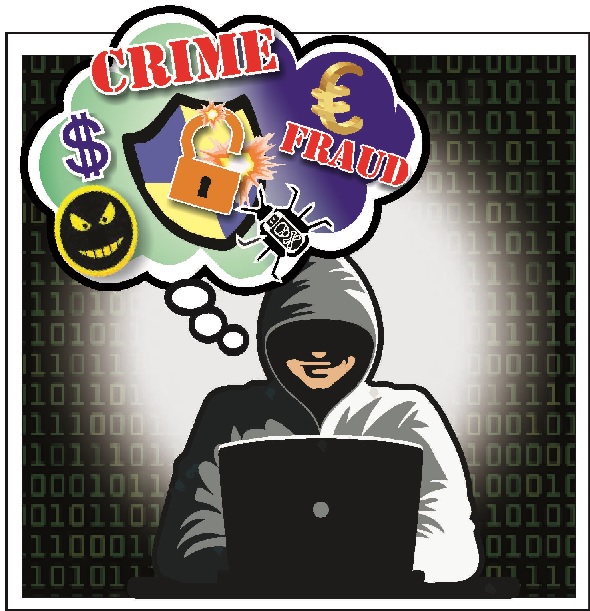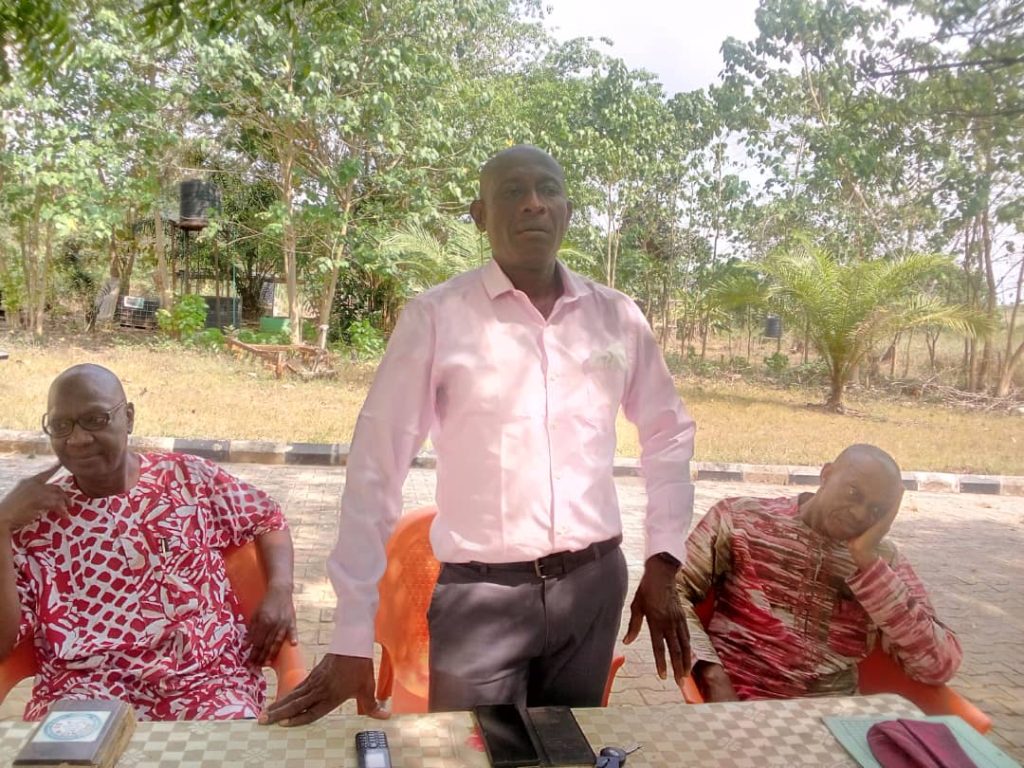Last Updated on August 20, 2020 by FUNAAB
The menace of cybercrime has made the country popular for the wrong reasons. Cybercrime, also called computer crime, according to Britannica.com, is the use of a computer as an instrument for illegal acts such as committing fraud, trafficking in child, pornography, intellectual property, stealing identities, or violating privacy. Cybercrime, especially through the Internet, has grown in importance as the computer has become central to commerce, entertainment, and government.
Regrettably, cyber criminals all over the world and in Nigeria continue to operate and improve their scams with technological tools, Virtual Private Network (VPN) applications to mask their location, photo manipulation software to create false appearances, taking advantage of Bitcoin anonymity to receive fraudulent proceeds, and creating web pages for phishing and more. According to Proshareng.com with about 3.9 billion users, the Internet has become one of the greatest technological developments. Though widely accepted for its ease and efficiency, it is also embedded with multitude of vulnerabilities, which pose significant security threats to users and hence, the emergence of cybercrime.
It is believed that with new technologies, there would be the birth of new opportunities for the world to explore. However, the continuous rise in the cases of cybercrimes across Nigeria is so alarming, and one cannot help but think if Internet revolution is actually a blessing or curse. It is further disheartening to find out that many youths do not see anything wrong with this criminal act, by those referred to as ‘Yahoo Boys’ as they continue to blame their nefarious actions on economic, political and societal problems such as high rate of unemployment, quest for wealth and affluence, and weak cyber-criminal laws in the country, among others.
In Nigeria today, various Internet crimes are being committed, which in turn have continued to tarnish the image of the country within the international community. For instance, it has posed great danger by discouraging foreign investments and leading to low income revenue. The increase in this fraudulent act has gradually become an addiction to many Nigerian youths as they see it as the easiest and fastest means of getting wealth and living flamboyant lifestyles. Oftentimes, Internet scammers target senior citizens or the vulnerable.
The 2015 Cybercrime Act in Nigeria provides that “hackers, if found guilty of unlawfully accessing a computer system or network, are liable to a fine of up to 10 million Naira or a term of imprisonment of five years (depending on the purpose of the hack)”. The nation’s universities including FUNAAB have joined the government in the fight against this crime. The Vice-Chancellor of FUNAAB, Prof. Kolawole Salako has continually condemned the involvement of students and youths in cybercrimes. It would be recalled that during his address at the 2018/2019 matriculation ceremony, Prof. Salako admonished new students to shun all indecent acts, adding that the University has zero tolerance for cybercrimes, as he encouraged them to beware of negative peer group influence, stressing that they should always remember the children of whom they are by working towards becoming better and decent citizens in life.
The Vice-Chancellor had equally called on parents and guardians to join the campaign to rid the country of the crime by training their children to have the fear of God, be responsible citizens and good ambassadors of their family, saying parents and guardians cannot afford to fail in their parental responsibilities towards their children and wards. What then is the way forward? The time has come for the government to come up with stiffer laws and sanctions for those found guilty of cybercrime, ‘yahoo-yahoo’, and ‘yahoo plus’ activities. There should also be more campaign against the glorification of fraud by the entertainment industry.
Furthermore, there is the need for re-orientation of Nigerian youths to begin to see themselves as the country’s future with the determination that they can always achieve whatever positive goals they have set to achieve. It is common knowledge that an idle hand is the devil’s workshop and as such, the government should provide job opportunities to keep youths productively engaged. Above all, there is the need for attitudinal change by all while the society should make the environment conducive for young ones to exhibit their various talents.









